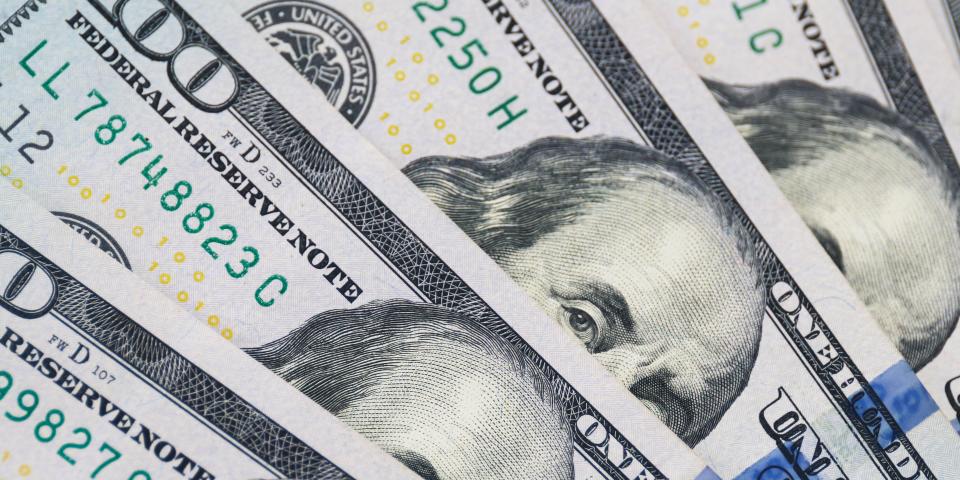.
Wharton Business School professor says ballooning U.S. debt could push U.S. markets into crisis as soon as next year

-
If the U.S. doesn't adjust its fiscal policy, markets could be in disarray next year, Joao Gomes told CNBC.
-
This professor of the Wharton School of Business pointed out that the mini-budget crisis in the United Kingdom was a warning.
-
He said that the United States could not afford to extend the tax cuts next year.
Congress needs to act quickly to slow the alarming rate at which the U.S. debt is growing. Joao Gomes, a professor at the Wharton School of Business, warns that if Congress doesn't adjust its fiscal trajectory soon, 2025 could be the year markets start to falter.
It's a lesson he learned from Britain's 2022 financial crisis, when a stimulus-heavy budget proposal sent domestic yields soaring, mortgage rates soaring, and the pound falling to record lows.
"This is definitely going to happen to us next year," Gomez told CNBC on Thursday. "The fiscal path that we're announcing is going to wake the market up and say, 'This is unsustainable.' "
After the November 2023 Treasury crash pushed yields up to 5% levels, U.S. investors have gotten a taste of some of what this could look like. Rising U.S. debt and an oversupply of Treasuries are among the reasons.
Today, Washington's debt burden stands at a record $34 trillion, driven by big spending and fast-growing debt service costs. The Bank of America estimated last month that the U.S. is adding $1 trillion to its debt every 100 days.
In an era of high interest rates, this exacerbates the real risk that the U.S. will fall into a default crisis within this century. Last year, a budget model from the Wharton School of Business in Pennsylvania determined that the U.S. has 20 years to solve this problem, after which no amount of tax increases or spending cuts will help.
As a result, Gomes expects the 2017 tax cuts to be a major point of contention next year, as the program is set to expire next year unless Congress chooses to extend it. The reform was introduced during the Trump administration and has reduced the tax burden on businesses.
"I think we're going to have a serious debate next year about tax cuts and whether to extend them," he said." I don't think we can afford it at all".
To a large extent, the fate of the program will largely depend on who is in the White House in November; so far, neither candidate has offered a concrete plan to solve the fiscal problems.
But others warn that the solution lies in more than just taxes. Maya MacGuineas told Business Insider last year that while taxes may have to increase across the entire revenue spectrum, both Democrats and Republicans must be willing to cut spending programs.
"There are a lot of sensible plans out there," Maya MacGuineas, president of the Carnival for a Responsible Federal Budget, told Business Insider last year." We have no political will."
Gomez was not alone in questioning the U.S. lending model; Wall Street giants such as Jamie Dimon and Ken Griffin also warned of the coming crisis.
Read the original article on Business Insider